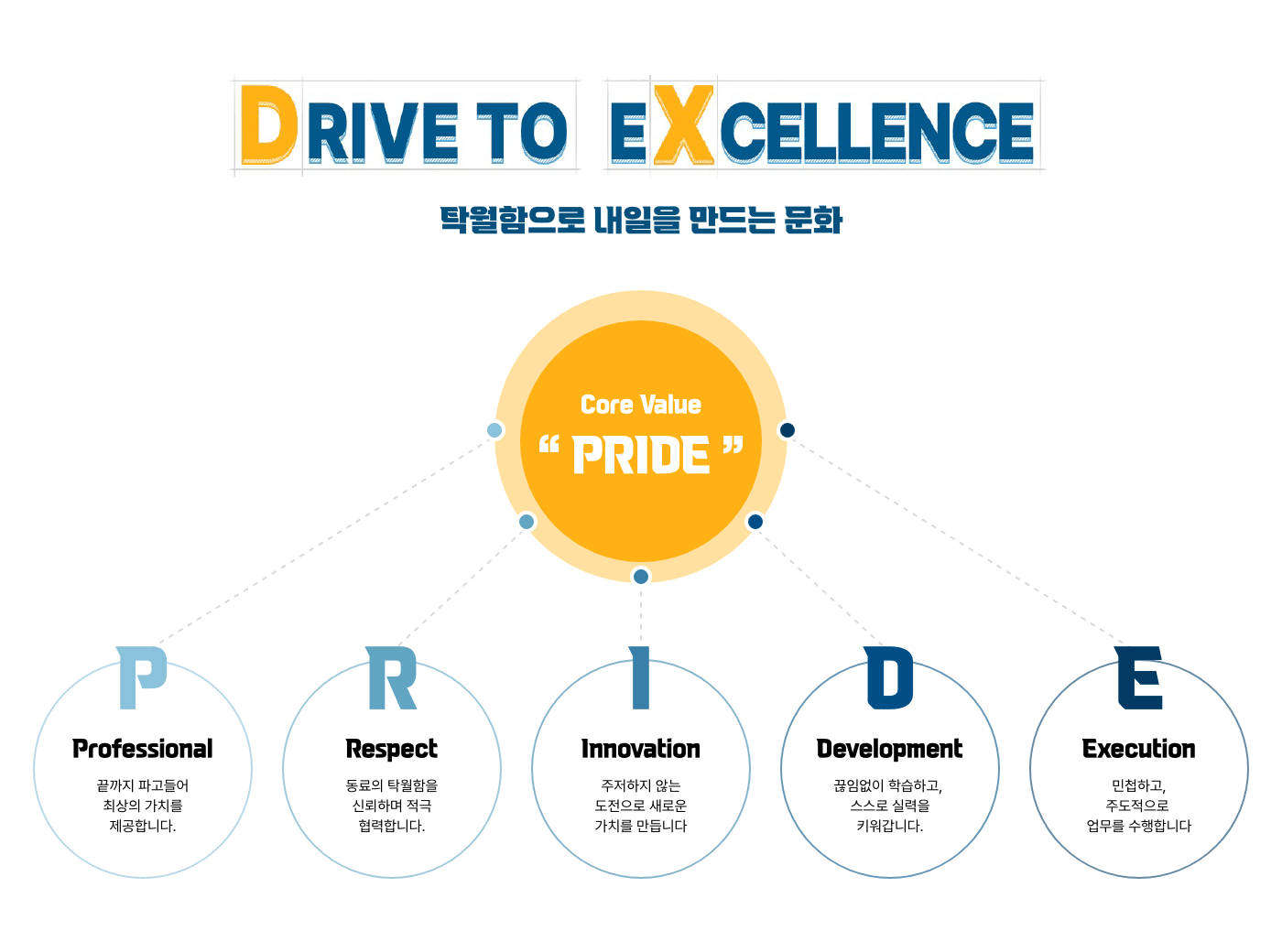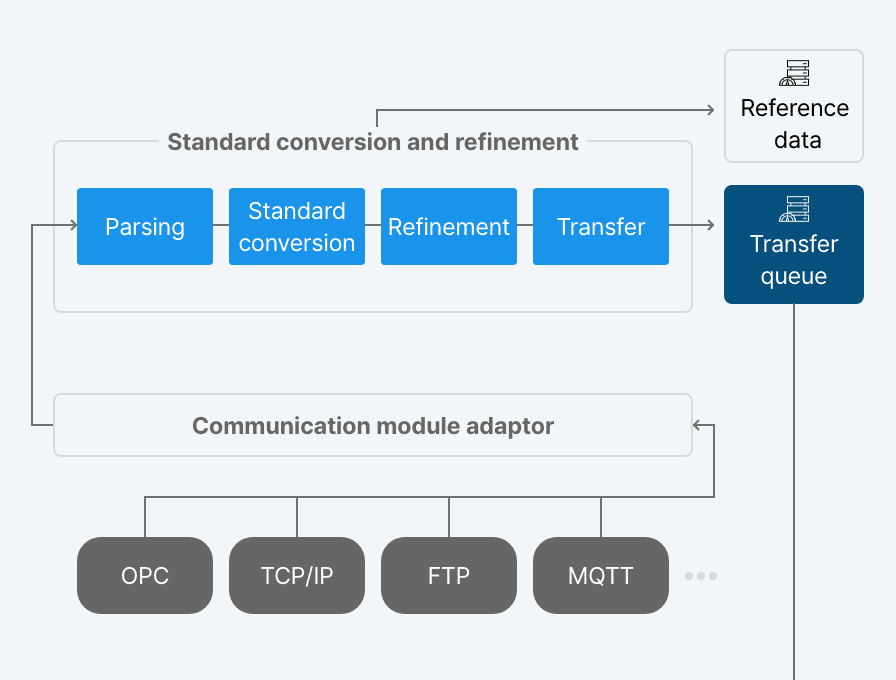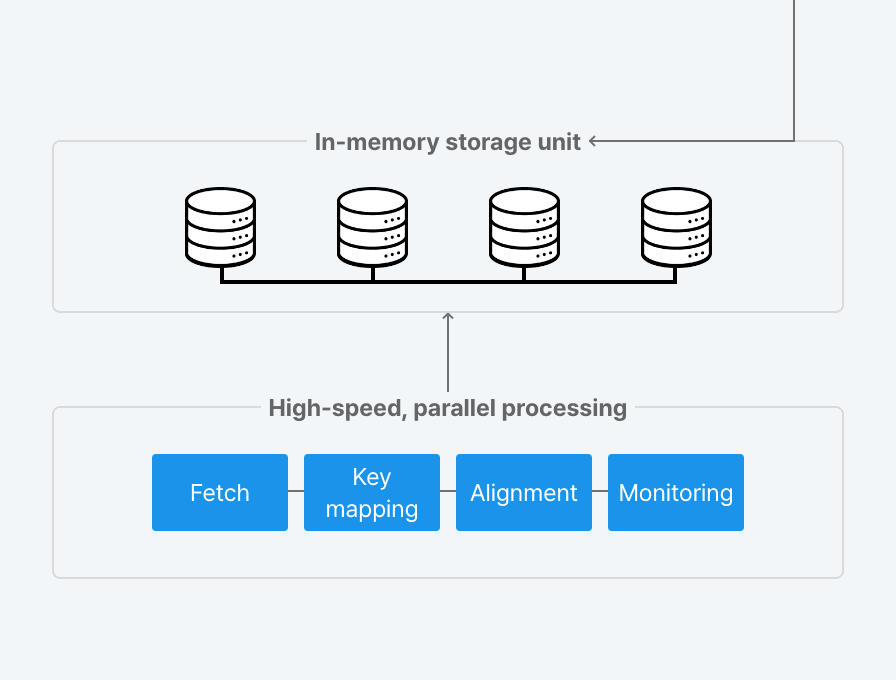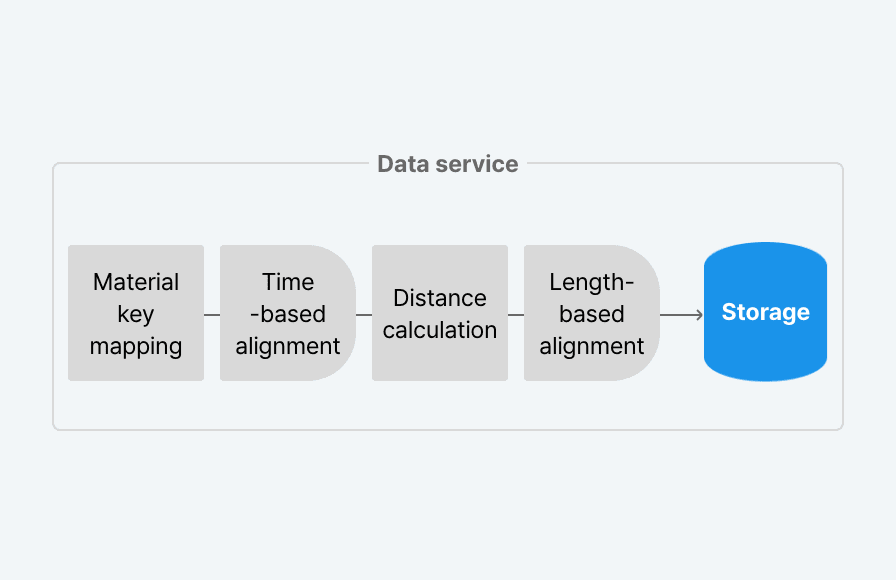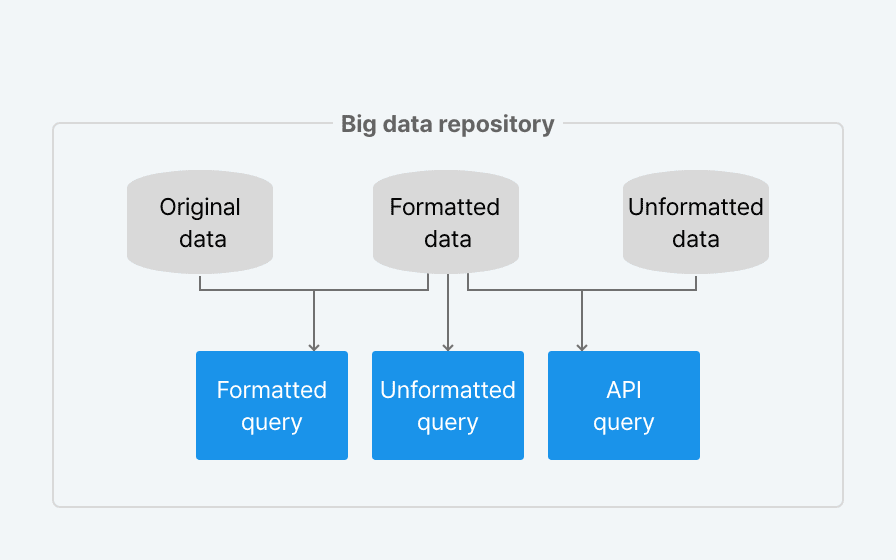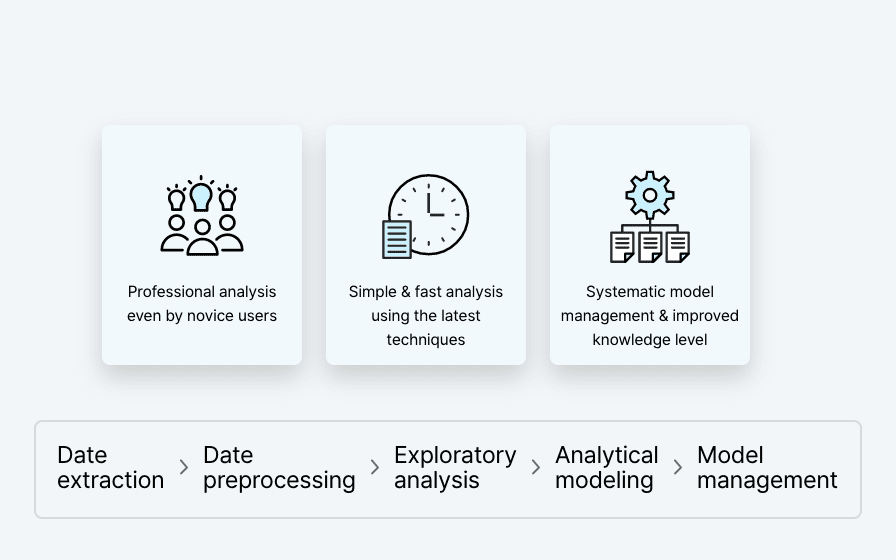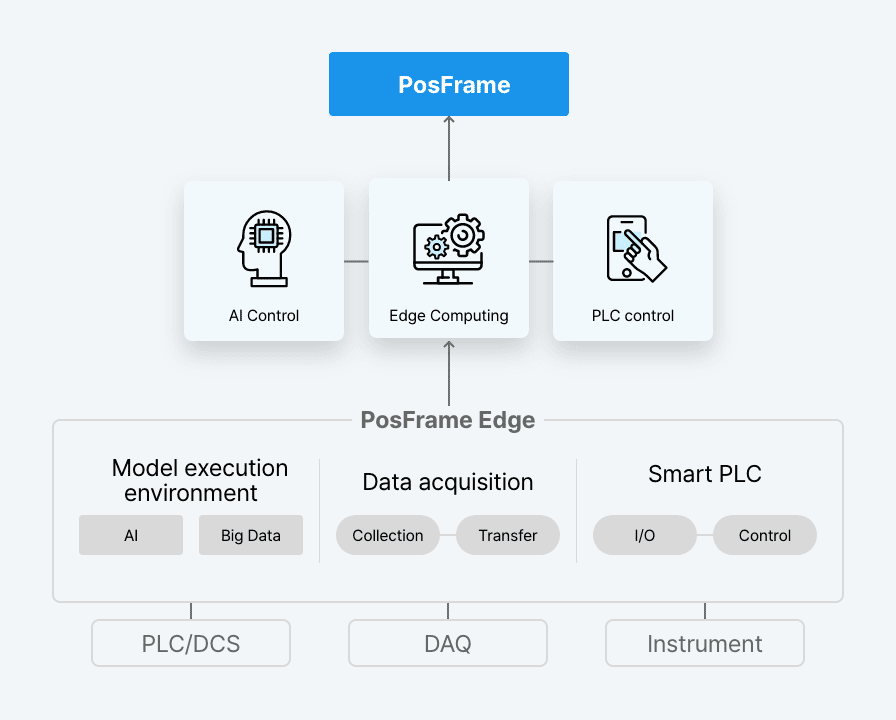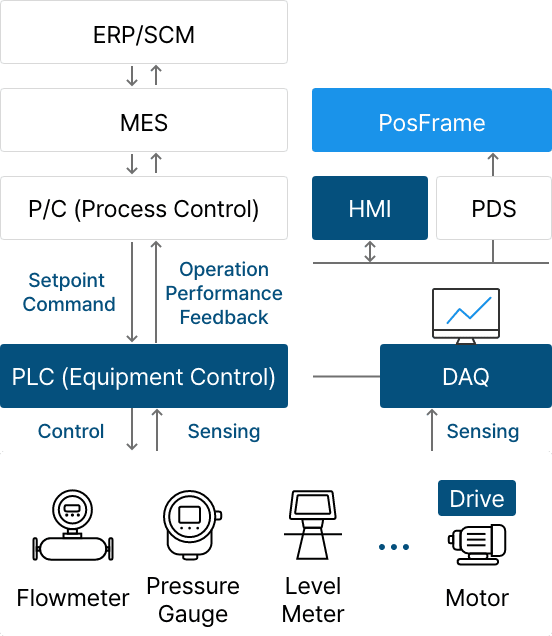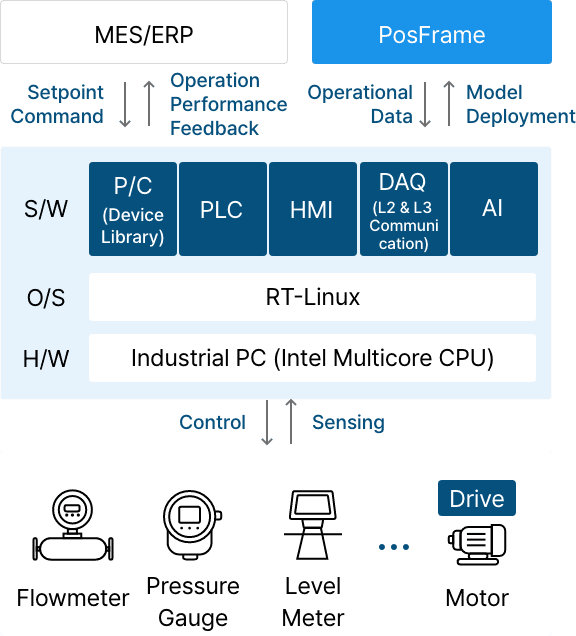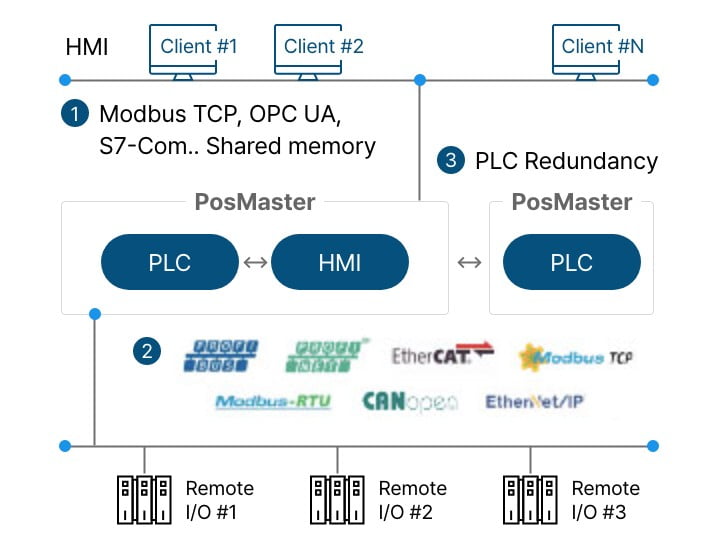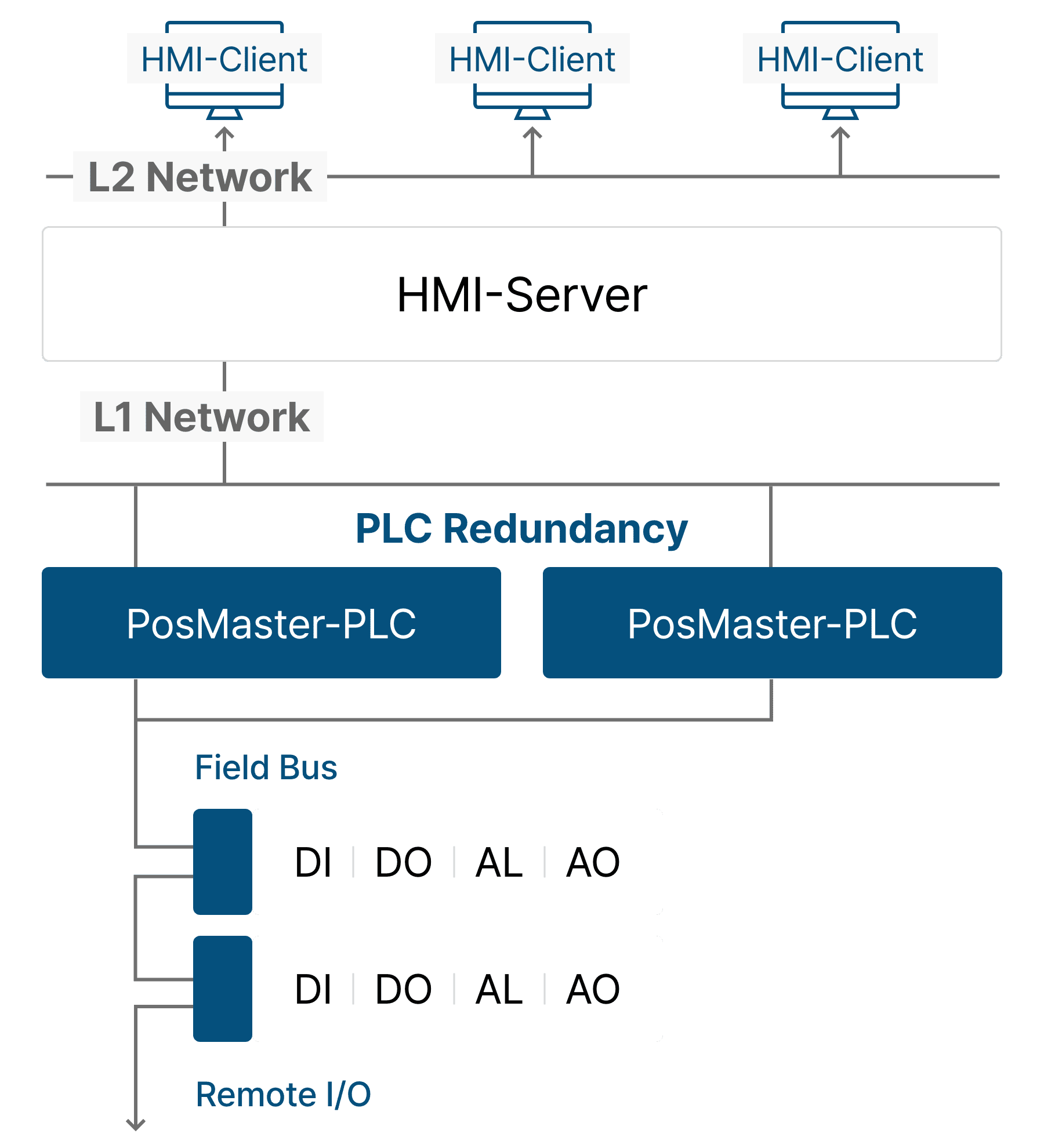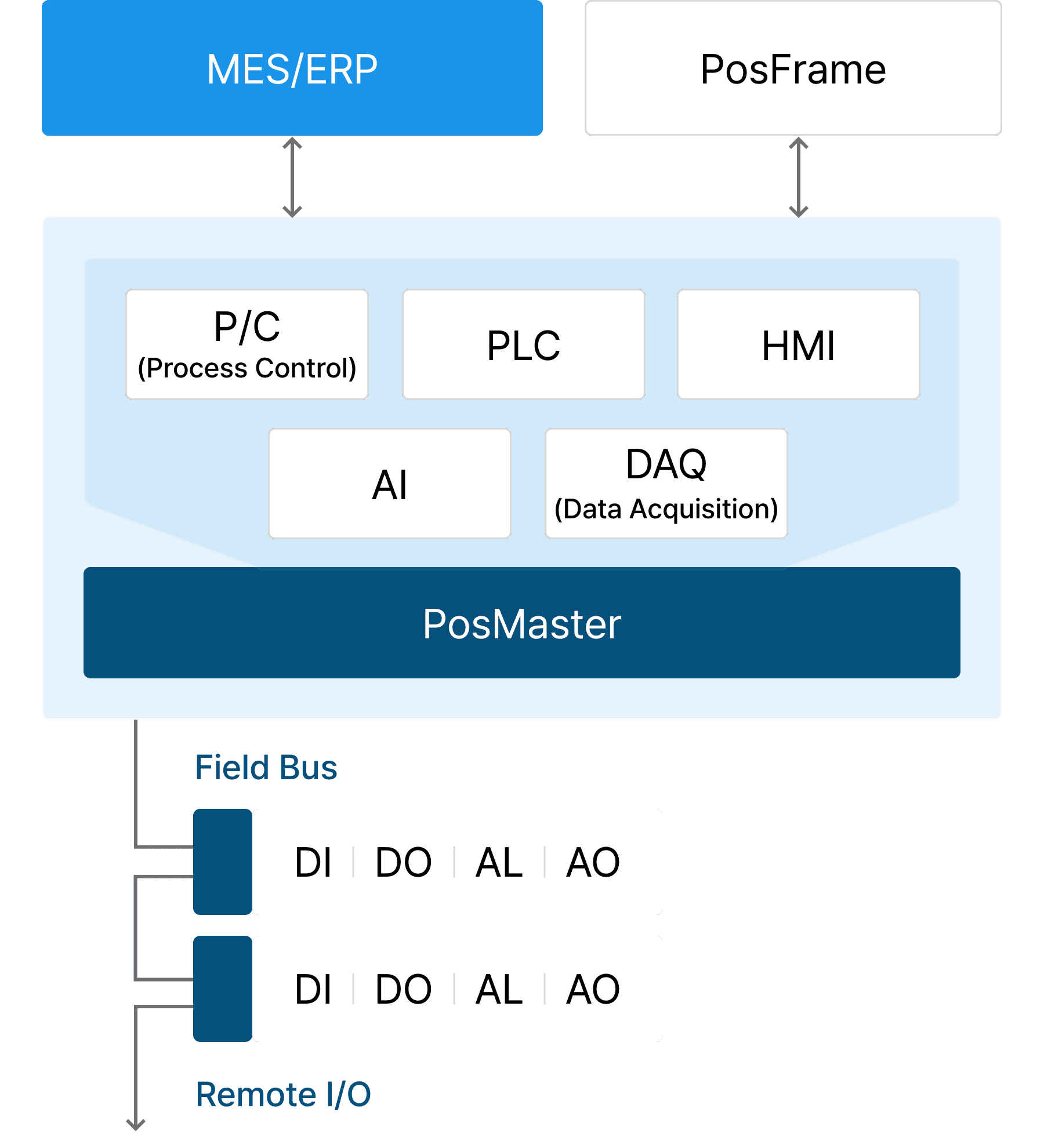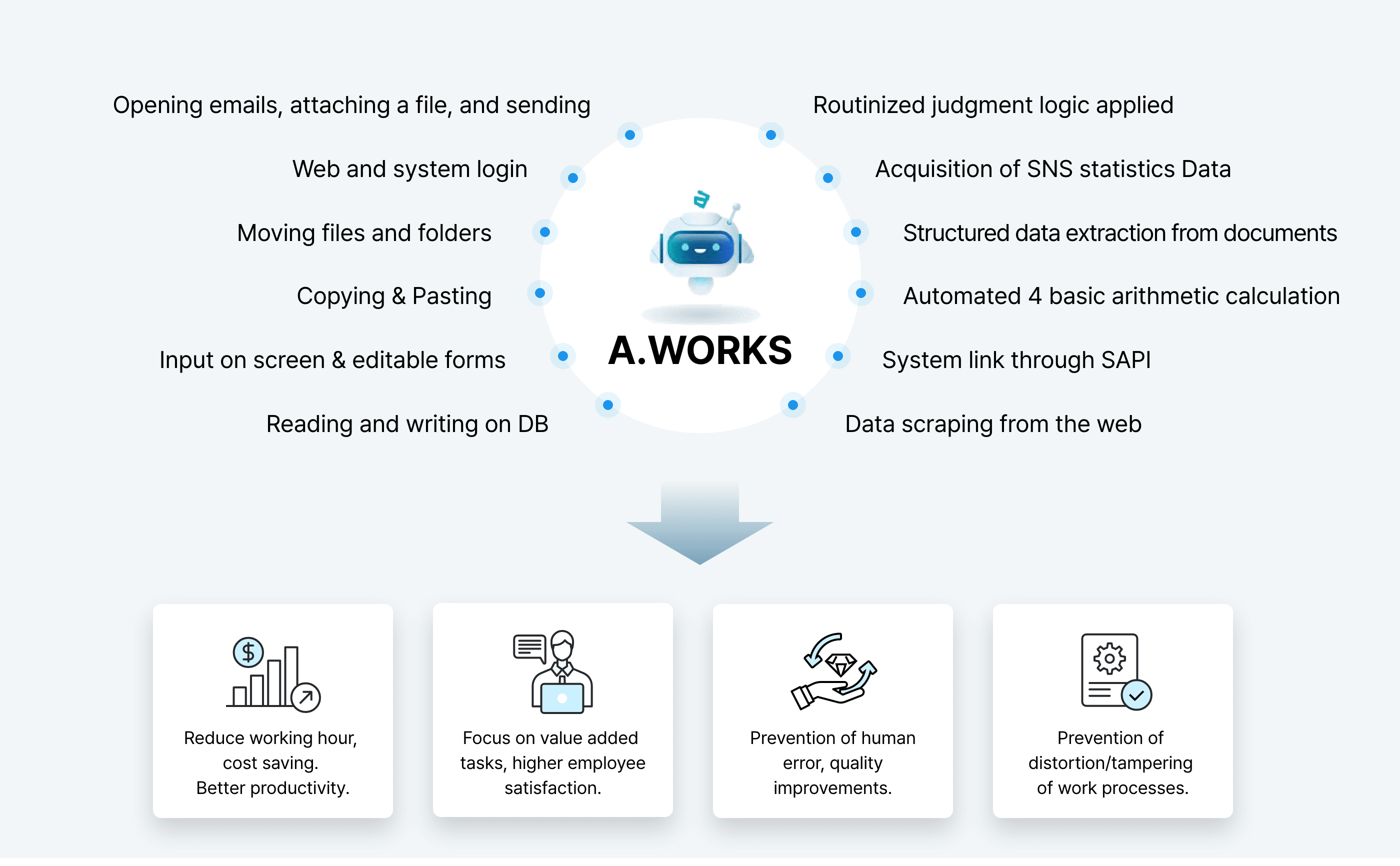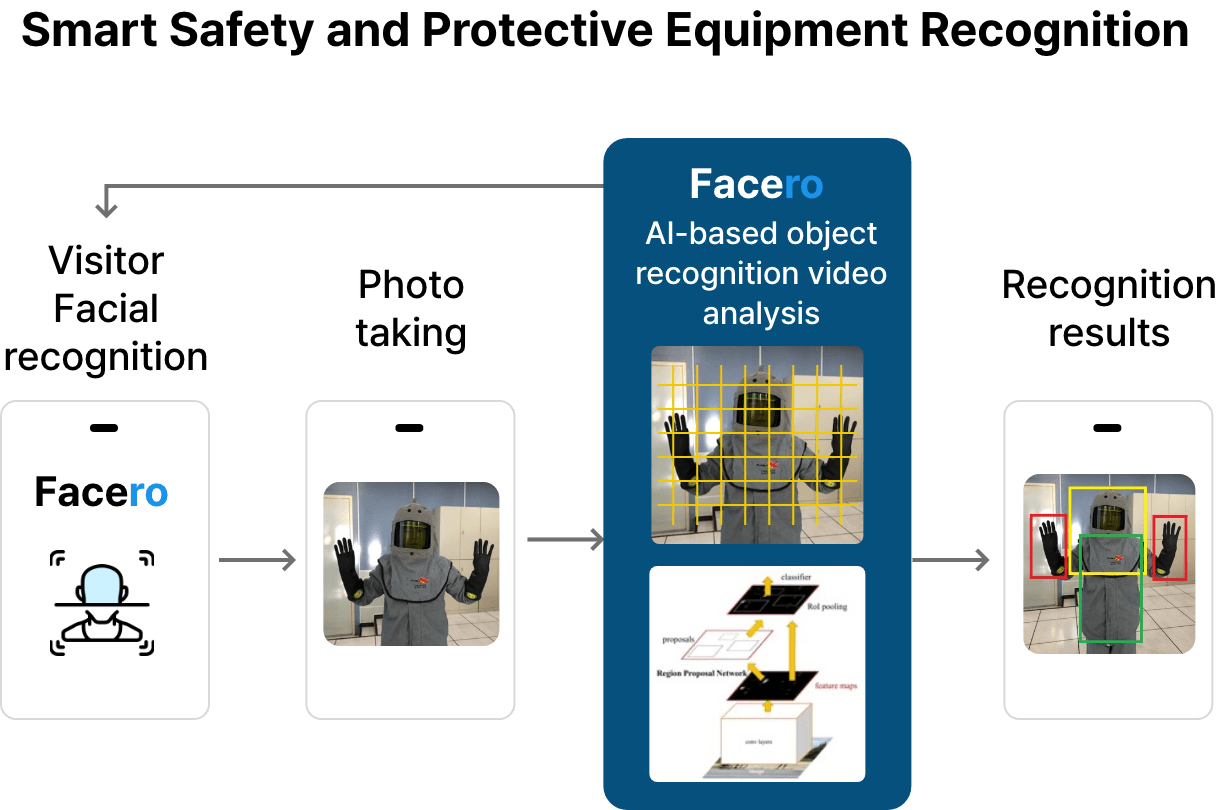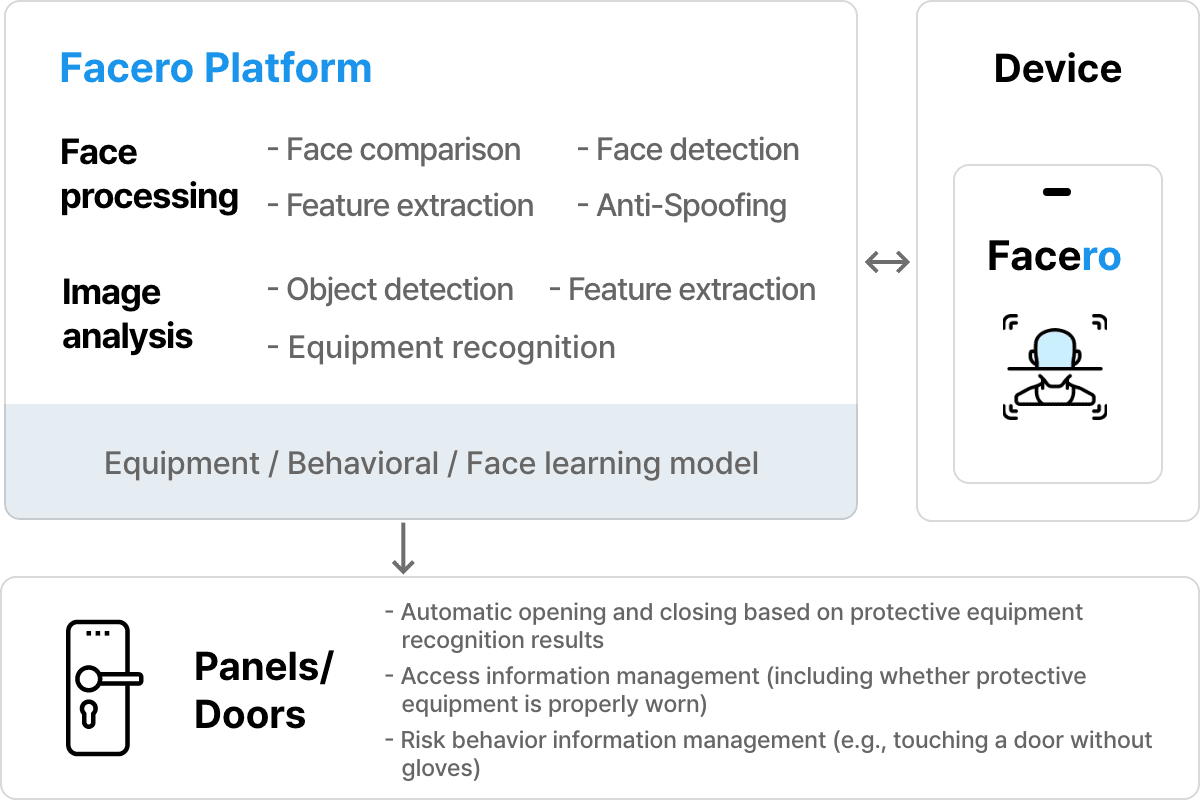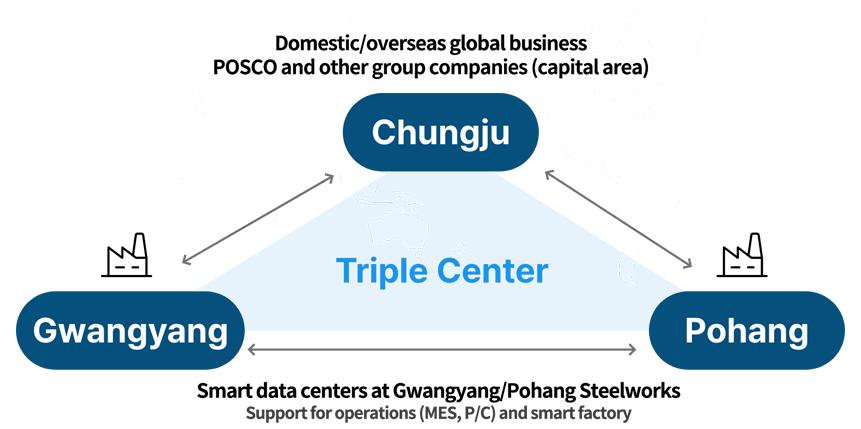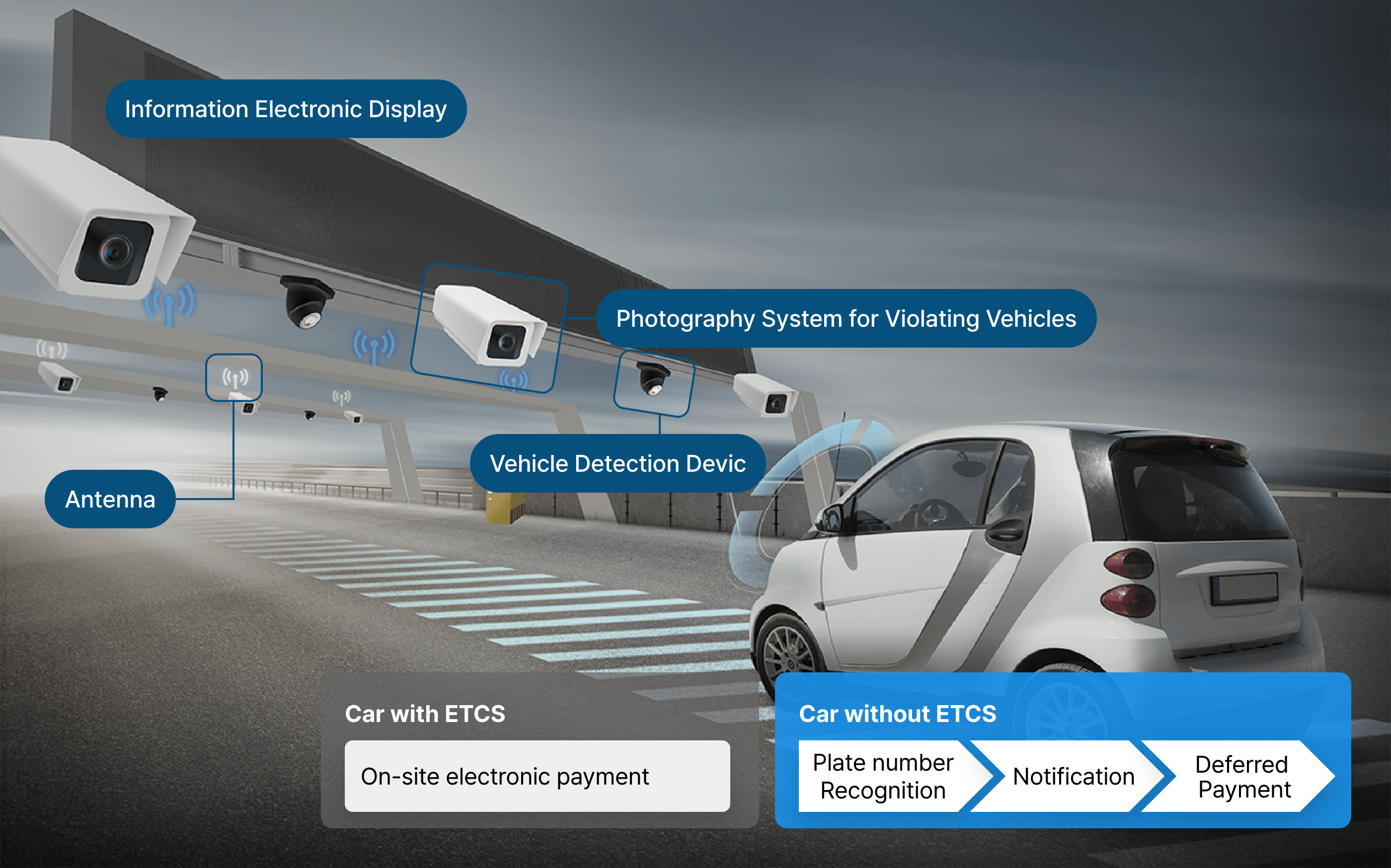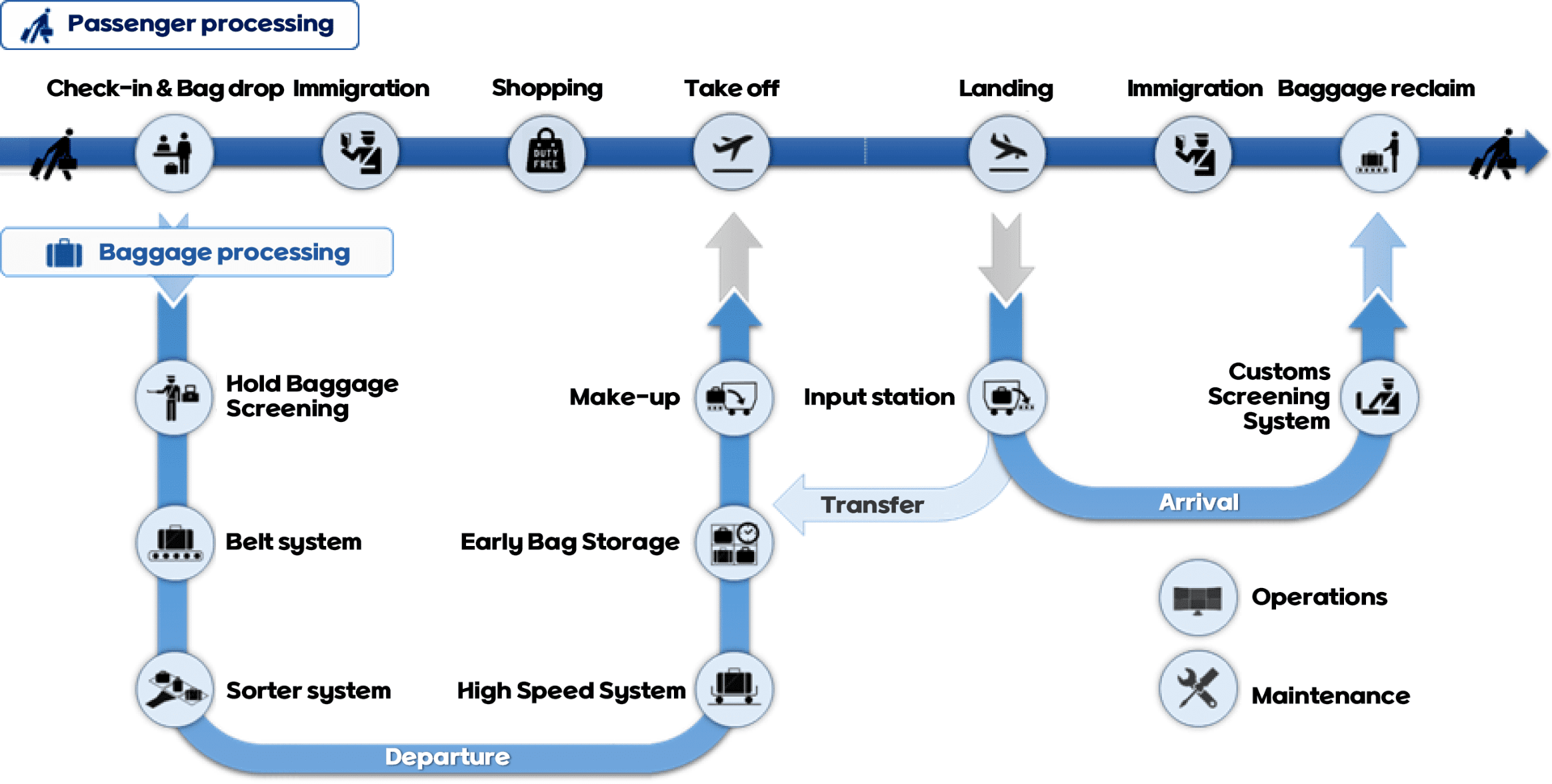- HOME
- PR
- NEWS
Prev
POSCO ICT to Export ESS (Energy Storage System) Applied Microgrid systems to CanadaNext
POSCO ICT’s full-scale entry into the environment market of ChinaPOSCO ICT to export the Smart Factory to China’s steel manufacturing industry
2015.08.06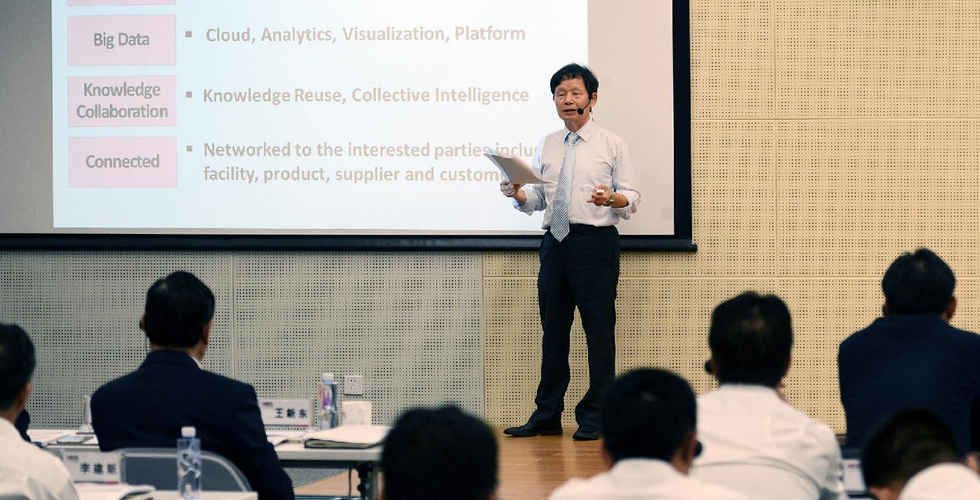
- Moving forward with the application of ICT technology to the Chinese Steel Plant’s production, logistics, environment, and energy management
- CEO Choi Doo-whan giving a specially arranged lecture for the management of the Hebei Iron and Steel Group
The auditorium of the Hebei Iron and Steel Group HQ was fully packed with company staff members on August 5. There was no vacant seat even though it was very hot, with temperature of as high as 30℃. They were there to listen to a special lecture by POSCO ICT CEO Choi Doo-whan, head of the information and automation technology sector of the POSCO Group.
The Hebei Iron and Steel Group is the world’s third largest steel company with 2014 crude steel production of 45.8 million tons. Its HQ is based in Shijiazhuang, the capital city of Hebei Province where China’s largest steel production base is located. The Hebei Iron and Steel Group is a leading business group with 16 subsidiary companies such as steel companies including Tangshan Iron & Steel, Shijiazhuang Iron & Steel, Chengde Iron & Steel, Handan Iron & Steel, Xuangang Steel, and some financial and retail distribution companies. Taking a look at the structure of China’s steel industry will help understand why the management of the subsidiary companies and IT sector chiefs of Hebei Iron and Steel Group invited POSCO ICT CEO to give a special lecture.
The Ministry of Industry and Information Technology of China, which is similar to the Ministry of Trade, Industry, and Energy in Korea, announced the draft of the “Steel Industry Restructuring Plan,” which was designed for the reorganization of its steel industry last March. The reason China’s government announced the restructuring plan was that both internal and external environments surrounding the steel industry have significantly changed for the last 10 years. As background of the plan, China needs to secure competitiveness by restructuring the steel industry and introducing a product lineup mainly consisting of high-class steel, discontinuing lower-end products amid the oversupply of steel products.
The Hebei Iron and Steel Group paid attention to the convergence of the steel industry and ICT, which is being pursued by POSCO in an effort to enhance the competitiveness of China’s steel industry. At the special lecture, CEO Choi Doo-whan focused on the “direction of steel industry development through ICT technology grafted with the steel industry.” POSCO ICT is in the process of transferring POSCO Ironworks to the Smart Factory to which IoT and Big Data are grafted; the management of China’s steel plant wanted to get the information through the lecture. As a factory wherein every situation within the factory can be checked at a glance (observability) by collecting and analyzing the data in real time using IoT sensors installed on the machine and equipment, the Smart Factory is self-controlled (controllability) depending on the purpose based on the result of the analysis.
The Hebei Iron and Steel Group plans to utilize actively the technology of POSCO ICT, which is leading the global steel technology including the Smart Factory as part of efforts to strengthen competitiveness. In particular, Shijiazhuang Iron & Steel, which is part of the Group, is expected to be relocated to a suburban area in order to resolve urban environment problems caused by the plant. The Group plans to utilize the relocation of the plant in order to introduce the Smart Factory-based new production system.
POSCO ICT and the Hebei Iron and Steel Group are pushing through with the conclusion of a technological collaboration contract through which the overall operation system of Tangshan Iron & Steel, which is part of the Group, will be diagnosed in order to set up the Smart Factory system with logistics management, unmanned crane system, production management, environment management, etc. Both companies plan to expand the system to cover all subsidiary companies within the Group. This means the export of the technology itself, not unit products or solution. It is similar to the export of FINEX by POSCO to China and India.
Many projects are underway. POSCO ICT has been proceeding with the project for the construction of an unmanned crane system at Tangshan Iron & Steel of the Hebei Iron and Steel Group since the end of last year. The unmanned crane system is expected to be expanded to the entire Hebei Iron and Steel Group, and POSCO ICT will provide the technology concerned in exchange for royalty paid by the Hebei Iron and Steel Group. A project for the construction of a production automation system that monitors and controls production equipment also started recently. In other words, these projects were initiated in order to provide the foundation for the evolution into the Smart Factory.
In addition, various environment projects designed for the disposal of dusts and substances causing air pollution are actively being discussed. With China’s government implementing a tougher regulatory policy that aims to reduce dust discharge concentration by more than half in order to reduce the generation of smog, many companies in China face the challenge of improving the performance of existing environment equipment. POSCO ICT is exporting MPS-type Electrostatic Precipitators electrical dust collectors to thermal power plants and steel plants in China, and it will most likely expand the supply to include the Hebei Iron and Steel Group.
whan “A wide range of collaboration is underway with China’s Hebei Iron and Steel Group, which is the world’s third largest in terms of crude steel production; the collaboration will provide a good opportunity for us to create new business models such as export to the overseas market for Smart Factory technology, which has been sufficiently verified in the home market,” POSCO ICT CEO Choi Doo-whan explained.
